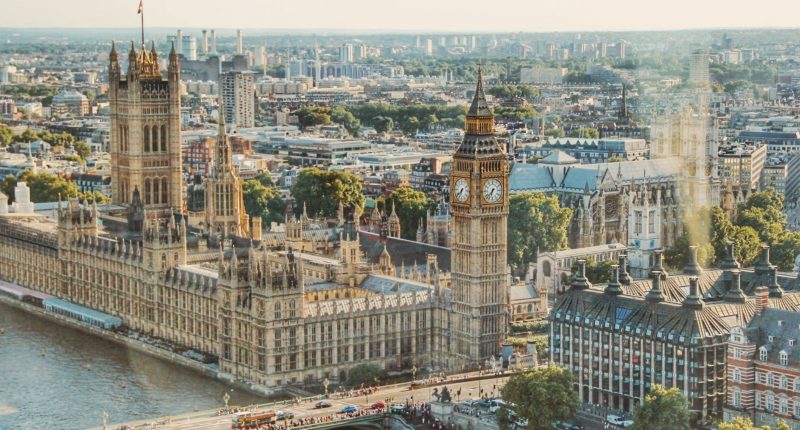AI and facial recognition can feel like the natural next step in evolution of technology, but the ugly side of this coin can be cantankerous. In what may feel like a Black Mirror episode, London’s Met police has given the go on operational use of live facial recognition in the UK capital.
The technology, which was implemented under heavy criticism, will be operational in “specific locations… where intelligence suggests we are most likely to locate serious offenders”, according to the Mets. “Each deployment will have a bespoke ‘watch list’, made up of images of wanted individuals, predominantly those wanted for serious and violent offences,” it adds.
It also says that the the cameras will be posted with full transparency to the public and officers deployed to the operation “will hand out leaflets about the activity”.
The Mets also say that a camera will only scan a small area and the technology will not be linked to other imaging systems like CCTVs.
This step might have come due to the rise in crime in UK’s capital and hysteria, as murders in London are at a 10 year high. The surge can be accredited to fund cuttings in the policing services, a step which the current conservative government seeks to reverse.
“We all want to live and work in a city which is safe: the public rightly expect us to use widely available technology to stop criminals. Equally I have to be sure that we have the right safeguards and transparency in place to ensure that we protect people’s privacy and human rights. I believe our careful and considered deployment of live facial recognition strikes that balance,” the commissioner Nick Ephgrave said in a press statement, in an attempt to ensure people that their human rights will be guarded.
However, a system like this can be subjected to intrusion of privacy, and dare I say it, racial bias, as the “lists” being made will be human decided. Moreover, people living in the regions that are marked as “more likely to have serious offenders” might feel like they are being wrongfully labelled, as well as people from other regions seeing them differently.
Also, while the technology is yet to be introduced in just some parts, if the past is anything to go by, it has a huge chance of rapid expansion just like any other technology that has survived in this century.
Just a few days back, Sundar Pichai mentioned that regulations on AI should be minimum and the best way to employ this technology would be to let organisations do what they want with it, which again, can be a little too careless.
The Tech Portal is published by Blue Box Media Private Limited. Our investors have no influence over our reporting. Read our full Ownership and Funding Disclosure →





